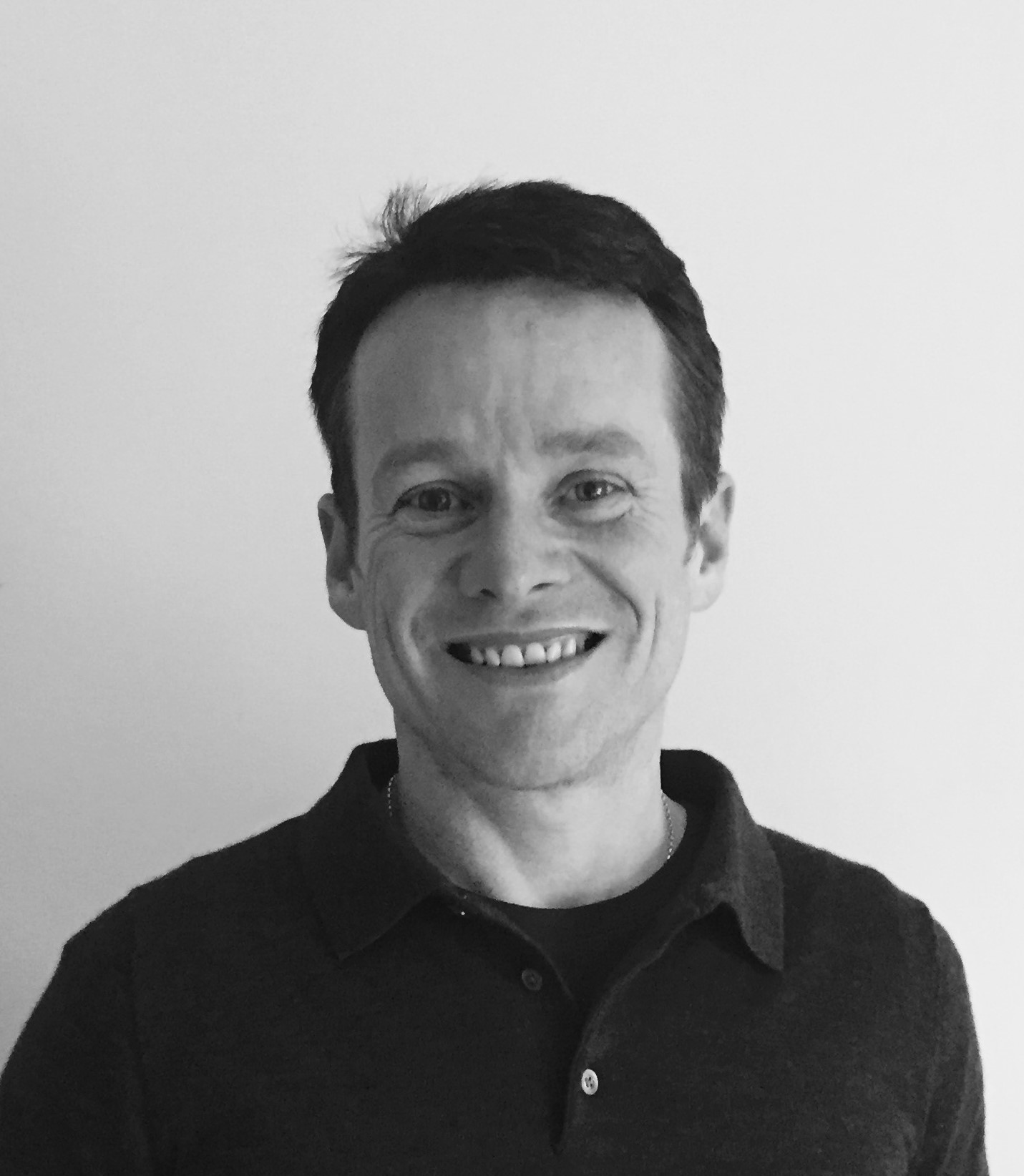Do you ever feel a little lost, disoriented or confused?
We live in a very complex world…
And it’s getting busier by the day.
We are constantly bombarded with messages, data, images, suggestions, notions, concepts and ideals, or put simply, all round “noise”.
Smartphones, social media, social networking, online dating, texting, selfies, Spotify, advertising, email, news (typically negative), mega shopping centres, big cities, computers, TV, the internet, big data, podcasts, blogs, magazines, artificial intelligence, bitcoin, block chain… the list is endless!
Our attention, energy and focus is strained to its very limits.
It’s no wonder so many people feel overwhelmed.
Mental health issues have never been more prevalent, and it’s getting worse every day.
It doesn’t have to be this way however. Many strategies and tools exist that can help combat the complexities of the modern world.
I personally lost over 15 years of my life. The details are not important. But looking back now, I was completely overwhelmed by the busyness of modern-day society.
It is very different for me today.
The world is noisier still, but now I possess a set of tools that help me to navigate through the clutter. I can now identify the signal through the noise, recognising what IS important, from what is NOT.
“The world is noisy. The less you have, the better you can focus on the signal” – Zat Rana
Values and Principles
One of the techniques I use is based on values and principles.
I call it my “Life Compass”.
It steers me through the noise, and guides many of my decisions.
This idea is not new or unique. Values and principles have been used as a guide since the dawn of time. But for many, this method has largely been forgotten.
Firstly, let us talk about values and principles
Values are beliefs, attitudes and opinions that people hold regarding specific issues. They are standards of behaviour about what is important in life. Integrity, kindness, compassion and honesty are examples of commonly held values.
Values are also internal and subjective, and may change over time. For example, one of my own core values is boldness. I would prefer to take risks rather than play it safe. But only under the right conditions. I like to take chances when it involves my career, but not if I’m say… rock climbing.
I also value patience. Patience truly is a virtue. This is especially so when waiting for the fruits of your labour. But if I’m waiting for a date to show up, and they arrive two hours late, I certainly wouldn’t value patience…
Thus, values are situation dependent, and may change over time.
Principles are quite different.
Principles are fundamental truths that are permanent, unchanging, and universal in nature. For example, Stephen Covey describes a principle as a “natural law like gravity. If you drop something, gravity controls. If I don’t tell you the truth, you won’t trust me; that’s a natural law.”
Our lives are defined by principles.
According to self-made billionaire investor Ray Dalio, they also serve as the foundations for behaviour that gets you what you want out of life
“We control our actions, but the consequences that flow from those actions are controlled by principles” – Stephen Covey
One of my own guiding principles involves neutralizing negativity. If I do this on a daily basis (e.g. don’t engage in negative conversations), it is a natural law that there will be less negativity in my life.
Another one of my core principles involves meditation. If I do this regularly, it is a natural law that I will have increased attention, focus and clarity. I will also be able to better regulate my emotions and quieten the voices in my head.
The key point here is that if you practise principles on a regular basis, it is a natural law that corresponding improvements will occur over time.
CPL CEO and co-founder Anne Heraty recently invited me to a summit that discussed this topic. This values based leadership summit was organised by LIFT (Leading Ireland’s Future Together), whose aim is to create better leaders in Ireland and make the country the best place it can possibly be.
At this summit, world renowned leadership expert John Maxwell explained the process of principles ever so eloquently:
Imagine you have a large tree in your garden and you want to remove it. You acquire a large sharp axe, and strike the tree five times every single day. And I mean every single day. This is important. So every day you go out to your garden and strike the tree five times. Another day, another five times. Another day, another five times. Another day, another five times. Another day, another five times.
What do you think will happen?
You WILL get closer to your goal, every single day, and the tree WILL eventually fall down.
This is a fact. This is a universal law of nature.
However…
You must use the correct tool.
Hitting the tree a thousand of times a day with a baseball bat will not get you closer to your goal.
A Life Compass
The “Life Compass” technique is based on values and principles.
I use this technique to help guide my decisions, combat stress, and navigate through the noise in our ever-changing world.
If you want to implement this technique yourself, you will first need a set of values and principles.
You should gather your own, but this can be difficult. I compiled mine over the last few years through reading and reflective thinking. It’s best to start with examples from other people, and adjust as you get further along the road. But don’t forget to reflect on your own personal values, and examine what suits your individual needs.
Below is a list of some of my own values and principles. Note that values are beliefs that are used to guide decisions, while principles are actionable and generally result in outcomes.

Now that you have a list, it needs to be easily accessible.
Several tactics can be employed. You could write them out, memorise them, put them on your fridge, or stick them on your office wall. You could also take a photo and keep it in your phone. I personally use my principles as a screenshot.
The more reminders the better; repetition is king, and they will eventually become ingrained in your psyche.
But then you must act, and use them on a regular basis…
Once you do this, it becomes more of an automatic process. Your actions will intuitively align with your values and principles.
So how do you use it?
I use the “Life Compass” technique whenever I feel overwhelmed, stressed, or faced with difficult decisions.
If I feel indecisive… I go to my compass.
If I feel uneasy about something… I go to my compass.
When the world gets too noisy… I go to my compass.
For example, having too many daily objectives clouds my judgement and makes me feel uneasy. This is in direct opposition to two of my core values: clarity and stillness. Scanning my values provides me with a guide. I then use actionable principles to provide me with the desired outcome. In this case, I would use the principle “prioritise and execute”. This involves taking a step back to assess the situation. I then choose the task that will have the biggest impact and execute it. When that’s taken care of, I move on to the next task, and then the one after that. I stole this principle from former Navy SEAL commander and leadership expert Jocko Willink.
Another example involves inaction, or what’s commonly called procrastination. If I find myself in avoidance mode, it usually surfaces as a feeling of unease, or a kind of tension. When I recognise this, and scan my values, I find that it clearly conflicts with my value of industry. I then apply the principle of “relentless action” to get back on track. In other words, instead of thinking and talking, I start doing. This is such an important principle. If you act, you get things done. This is clear. But you also get better at what you do. So if you act relentlessly, you get relentlessly better at what you do. Massive improvements will soon be evident.
The “Life Compass” technique can also direct you towards hidden values and principles. If you are feeling stuck in some way, and nothing on your compass seems to fit, it may provide you with motivation to reflect.
Conclusion
By implementing the life compass technique, you will become more aligned with your values, feel less stressed, and move closer to achieving your goals.
The technique itself is not the most important thing however. What is essential is to have a clear set of values and principles. You can always choose your own methods.
“The person who grasps principles can successfully select their own methods. The person who tries methods, ignoring principles, is sure to have trouble” – Ralph Waldo Emerson
But I promise you this…
If you do use this technique, you will be amazed by the results.
You obviously don’t need it for every occasion. I don’t “prioritize and execute” when I’m choosing what to have for breakfast.
But when life becomes noisy, and I’m feeling a little overwhelmed, I will always go to my compass.
So when you feel stuck in the past, or anxious about the future, maybe you should take a leaf out of Stephen Covey’s book, and “Live your life by compass, not a clock”.
I write regularly for A Lust for Life, but feel free to follow my articles on Twitter, Instagram, Facebook and LinkedIn. You will also find a collection of my articles on publishing platforms Thrive Global and Medium.


